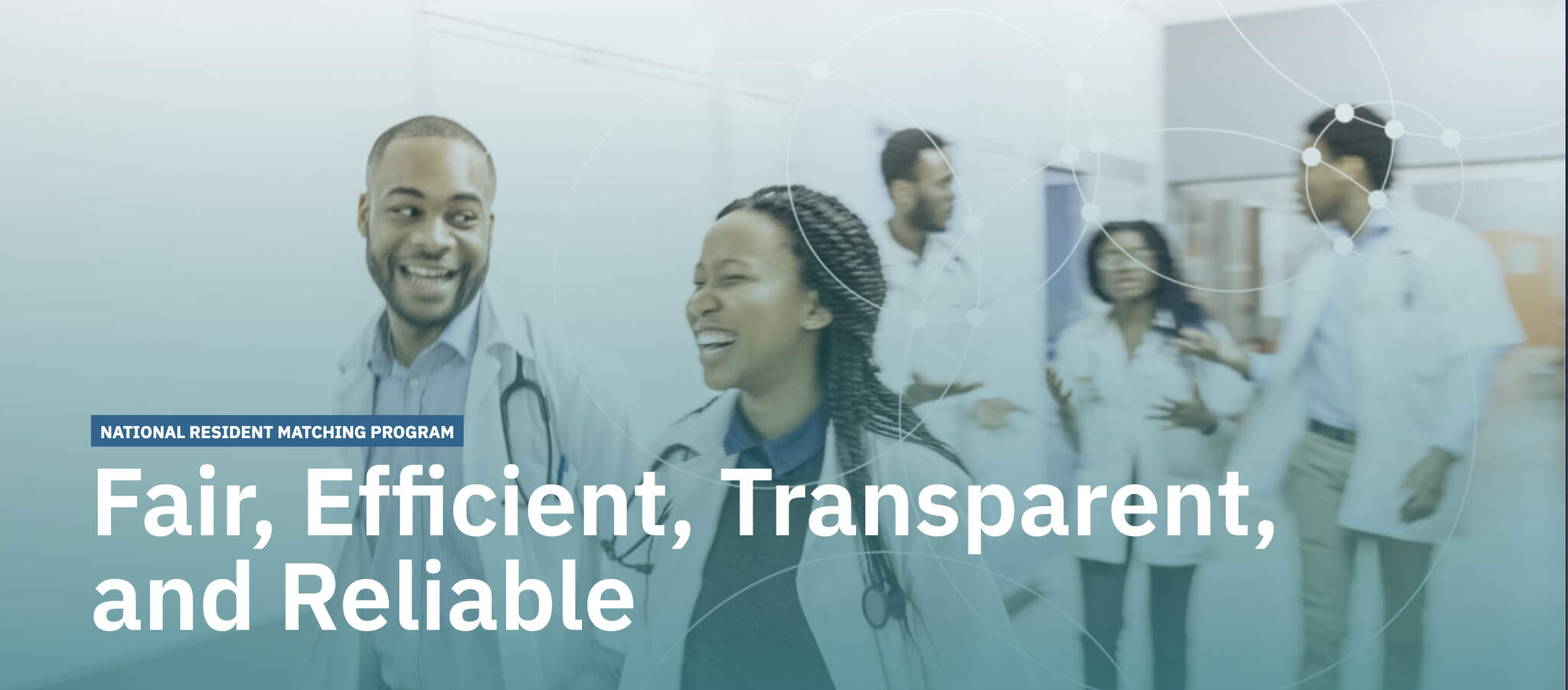- Joined
- May 30, 2015
- Messages
- 11
- Reaction score
- 1
I've been interested in psychiatry ever since I can remember. Currently, I'm a second year MD student (class of 2021) from a mid tier medical school preparing for the Step 1. I failed two basic science courses and successfully remediated (one in M1 and another at the end of M2). As all of that was happening, I was seeing a therapist/psychiatrist that determined I have ADHD-Inattentive type and was told my poor academic performance in medical school was likely related to my "inability to compensate". Currently, I am in the lower half of my class for all my classes except my clinical prep/skills course where I typically perform above average on patient encounter OSCEs. As for extracurriculars, I have held leadership positions in many organizations, should have two basic science publications by the end of this year (still waiting for them to get accepted), and have been involved in policy writing. However, none of my extracurriculars are directly related to psychiatry.
I'm concerned whether I should realistically look into pursuing other residency options that interest me (neurology/lifestyle medicine) given the red flags described above if I do not score highly on the step exam considering my overall application. When I spoke to the student affairs at my school, they told me that since psychiatry is becoming highly competitive and that I would need to score 230-240+ if I chose to pursue psychiatry.
I wanted to be proactive and ask for realistic feedback regarding if there is room for me to recover (and how I could attempt do so) from the red flags and someday become a psychiatrist or if I should look into other options.
Thanks.
I'm concerned whether I should realistically look into pursuing other residency options that interest me (neurology/lifestyle medicine) given the red flags described above if I do not score highly on the step exam considering my overall application. When I spoke to the student affairs at my school, they told me that since psychiatry is becoming highly competitive and that I would need to score 230-240+ if I chose to pursue psychiatry.
I wanted to be proactive and ask for realistic feedback regarding if there is room for me to recover (and how I could attempt do so) from the red flags and someday become a psychiatrist or if I should look into other options.
Thanks.


